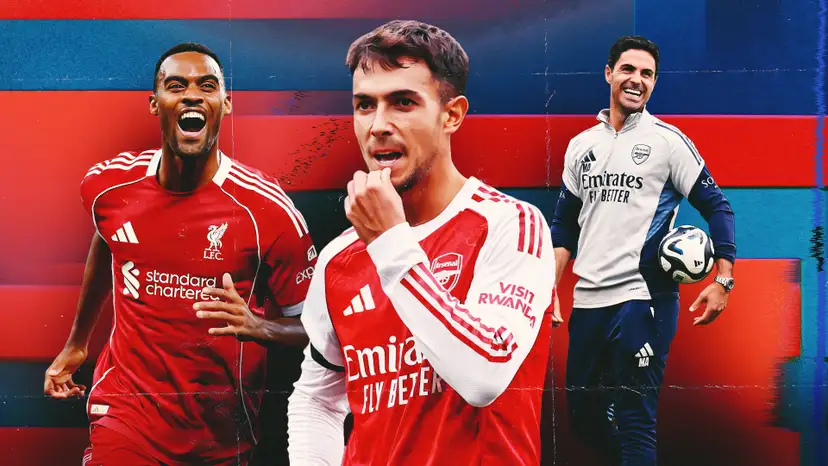
Martin Zubimendi Transfer U-Turn: How Arsenal and Liverpool Both Came Out on Top
Football is a game of fine margins, and few stories illustrate that better than Martin Zubimendi’s transfer saga. Less than a year ago, Liverpool were convinced the Spanish midfielder would be walking through the doors at Anfield. The release clause was set, the contract was prepared, and sporting director Richard Hughes believed the deal was done. But then, in a dramatic weekend twist, Zubimendi turned his back on Merseyside and chose to remain at his boyhood club, Real Sociedad.
Fast forward just months later, and the same player is now wearing the red and white of Arsenal—under a coach he feels can take him to the next level. And yet, as Sunday’s showdown between Liverpool and Arsenal looms, it feels as though both clubs ended up winners from a saga that once looked like a disaster for the Reds.
Liverpool’s Search for a No.6 and the Zubimendi Snub
When Liverpool began their hunt for a specialist defensive midfielder last summer, Zubimendi was at the top of their list. With Wataru Endo offering only a short-term fix, the club wanted a player who could anchor their midfield for years.
Zubimendi seemed ideal: composed, intelligent, and technically polished. Sources in Spain reported that the 25-year-old had even “unequivocally” agreed to join Liverpool, leaving only the £51 million release clause to be triggered.
Then came the twist. Real Sociedad manager Imanol Alguacil intervened, reminding Zubimendi of his roots, his family, and even the Basque cuisine he so loved. Local pride played its part too: to leave just months after pledging loyalty to La Real would have been seen as betrayal in San Sebastián. The midfielder decided to stay, telling Marca:
“A lot of what I am is part of La Real. It is my life.”
For Liverpool, the decision was a gut punch. For Arsenal, it was the beginning of an opportunity.
Arsenal and Mikel Arteta Long Courtship
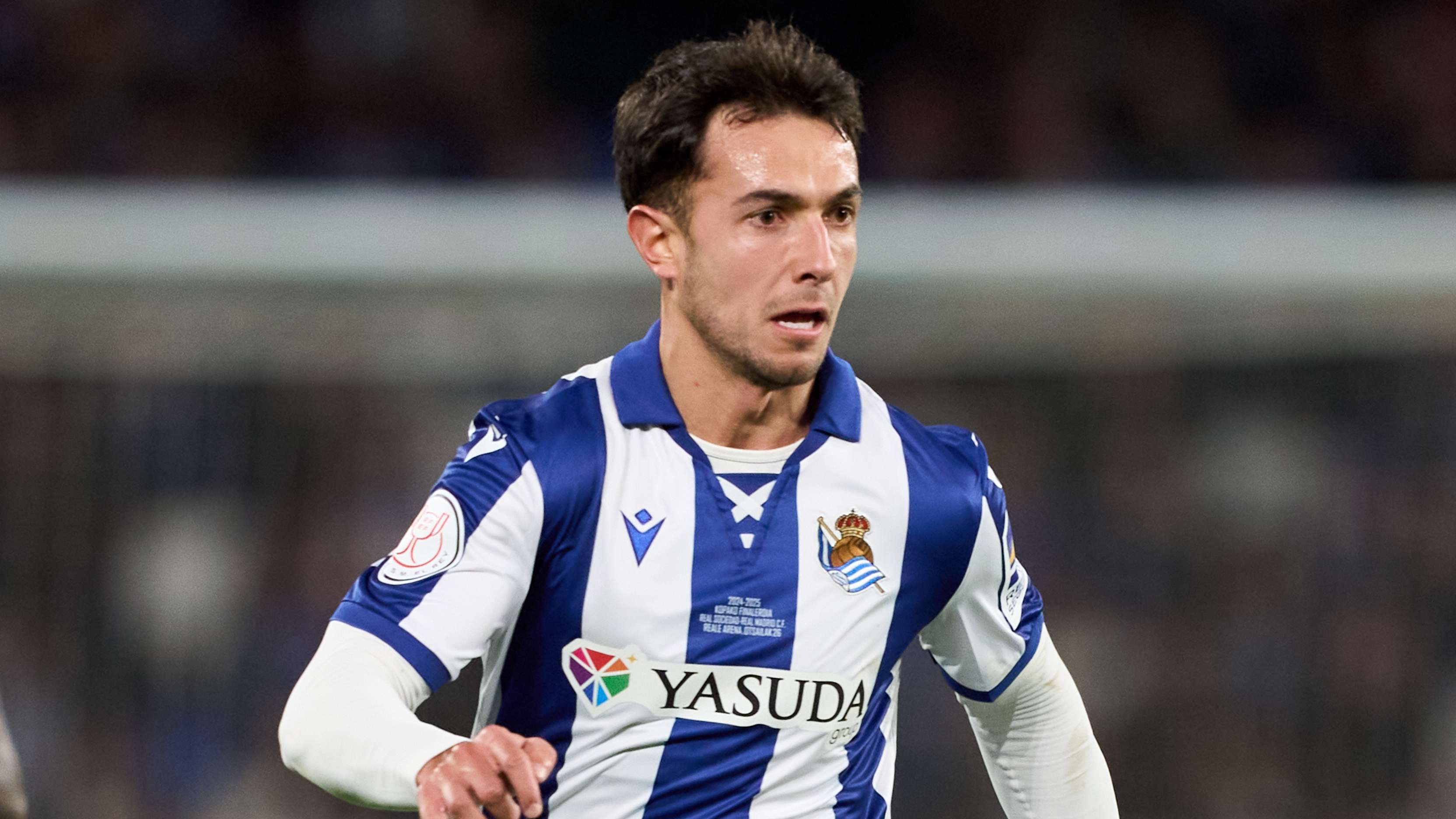
Martin Zubimendi
While Liverpool licked their wounds, Arsenal kept their eyes on Zubimendi. Mikel Arteta had already tried to bring him in during 2024 and had been convinced of his potential for years. The midfielder’s intelligence and tactical discipline fit perfectly into Arsenal’s system, where structure and ball progression are as vital as flair.
By January 2025, the whispers were growing louder: Zubimendi had agreed to join the Gunners at the end of the season. Six months later, on July 6, the deal was official.
When asked in Singapore during Arsenal’s pre-season tour whether he regretted turning down Liverpool, Zubimendi was candid:
“It wasn’t the right time. I still had things to learn at Real. But when I thought about leaving, I wanted a quality coach. I think I’ve found that in Arteta.”
It was a telling answer—he admired Liverpool’s stature but saw Arsenal, and Arteta in particular, as the right step for his development.
Arne Slot’s Masterstroke with Ryan Gravenberch
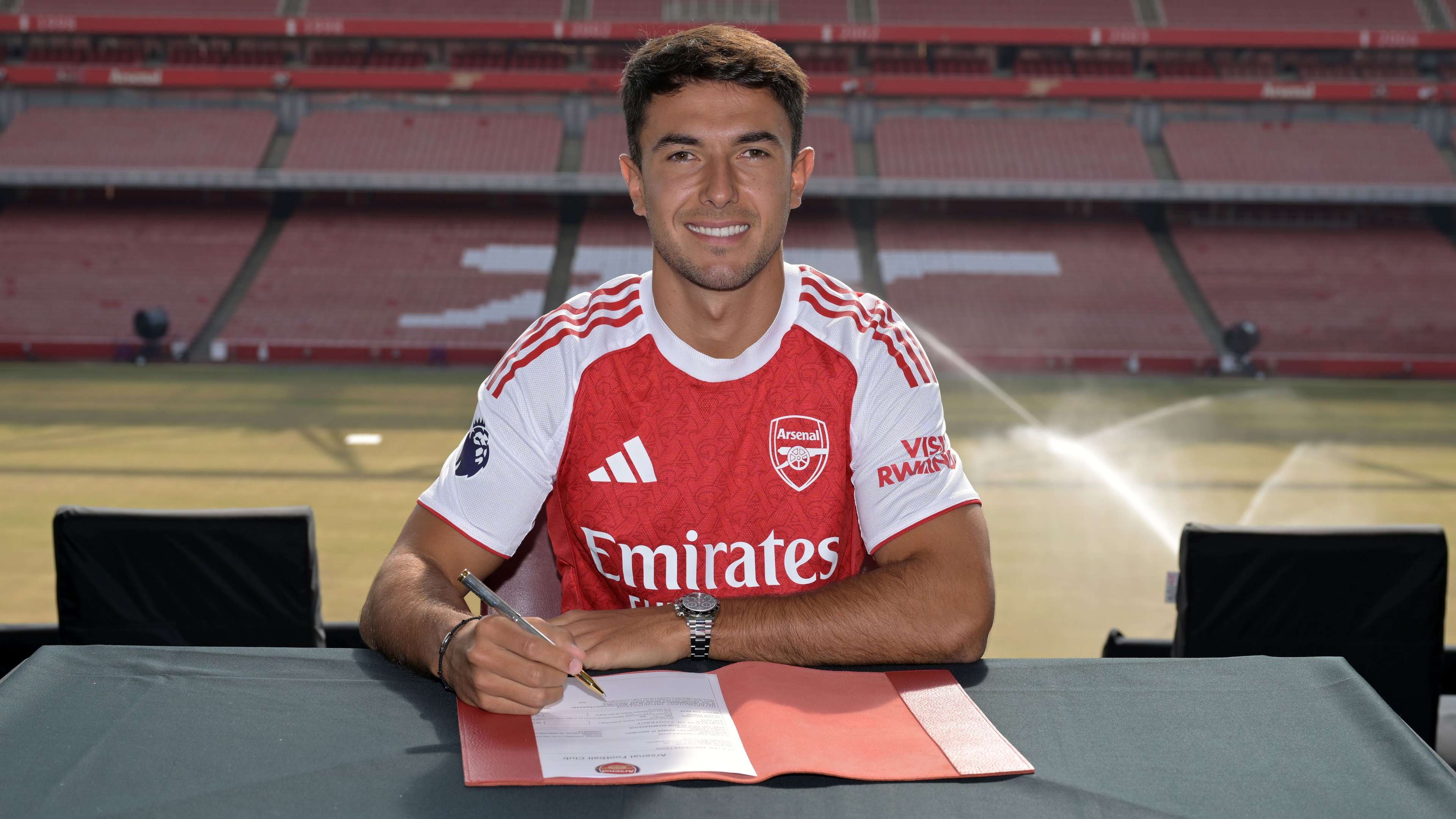
Martin Zubimendi Arsenal 2025-26
For Liverpool, Zubimendi’s snub could have sparked panic. New boss Arne Slot had only just arrived, Hughes hadn’t signed a player yet, and the fans were restless.
But Slot quietly hatched a plan. Instead of rushing for a Plan B on the market, he looked within his squad. His solution? Ryan Gravenberch.
The Dutchman had been inconsistent under Jürgen Klopp, often drifting between roles and never fully nailing down a starting spot. But Slot saw something different. In pre-season, he pulled Gravenberch aside:
“I see you as a No.8, but I want to try you as a No.6.”
What followed was one of the most inspired tweaks of the Premier League season. Gravenberch not only adapted to the defensive midfield role—he thrived in it.
From the moment he dominated Manchester United in a 3-0 win at Old Trafford, it was clear Liverpool had found their answer. By the season’s end, Gravenberch had more interceptions and recoveries than any midfielder in the league, all while gliding past opponents with that trademark Ajax-born elegance.
“I didn’t like defending as a kid,” he admitted. “Now, when I take the ball off someone, it feels like a goal.”
The Double Pivot: Gravenberch and Mac Allister
Perhaps the biggest ripple effect of Gravenberch’s reinvention was how it unlocked Alexis Mac Allister. The Argentine had admitted to Slot that he preferred a more advanced role, and with Gravenberch covering, he flourished.
Together, the pair became one of the league’s most balanced double pivots: one breaking lines with dribbles, the other dictating tempo and feeding the forwards. Liverpool’s attack, powered by Mohamed Salah, Darwin Núñez, and Luis Díaz, benefited enormously.
Slot later reflected:
“Ryan and Alexis are important for me, but especially for our forwards. They ensure our best players get the ball in dangerous positions. That’s the whole game.”
Arsenal’s Version: Rice and Zubimendi
And yet, while Liverpool found their unlikely hero, Arsenal may have discovered the missing piece. With Declan Rice already patrolling midfield, the arrival of Zubimendi means Arteta now has the luxury of two intelligent, multi-functional midfielders capable of running a game.
The early signs are promising. Zubimendi’s calmness in possession complements Rice’s dynamism. For Arsenal fans, the dream of finally turning near-misses into a Premier League title may hinge on that partnership.
A Rare Win-Win in Football
It is not often that a collapsed transfer works out well for all involved. Usually, one side is left wondering what might have been. But Zubimendi’s case feels different.
Liverpool, forced to adapt, unearthed a new star in Gravenberch and reshaped their midfield in a way that fits Slot’s philosophy perfectly. Arsenal, patient and persistent, landed a player tailor-made for Arteta’s vision. And Zubimendi himself, after navigating the emotional pull of his hometown club, found the right project at the right time.
As Arsenal and Liverpool prepare to lock horns this weekend, the narrative almost writes itself. The player who once turned his back on Anfield will now line up against them in Arsenal colours. But instead of resentment, there’s a sense of mutual respect. Both clubs have grown stronger because of that one decision.
Sometimes in football, everyone really does win.






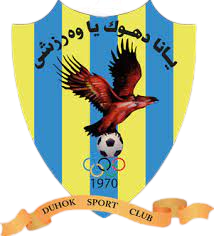
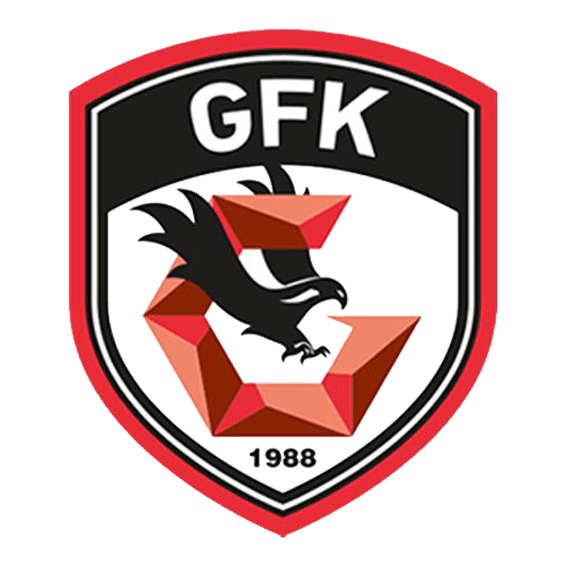




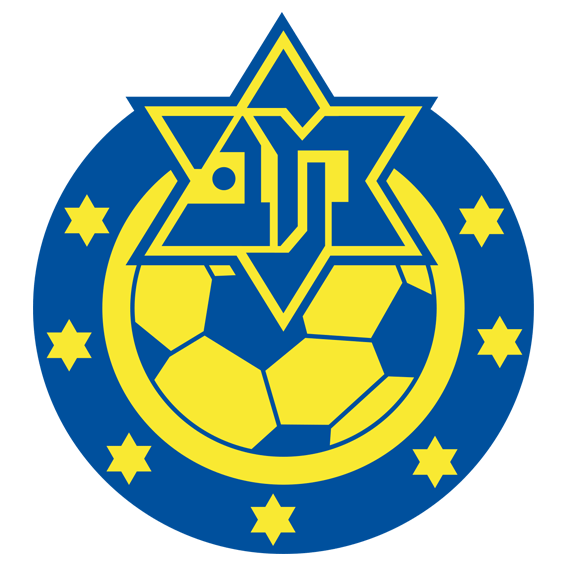
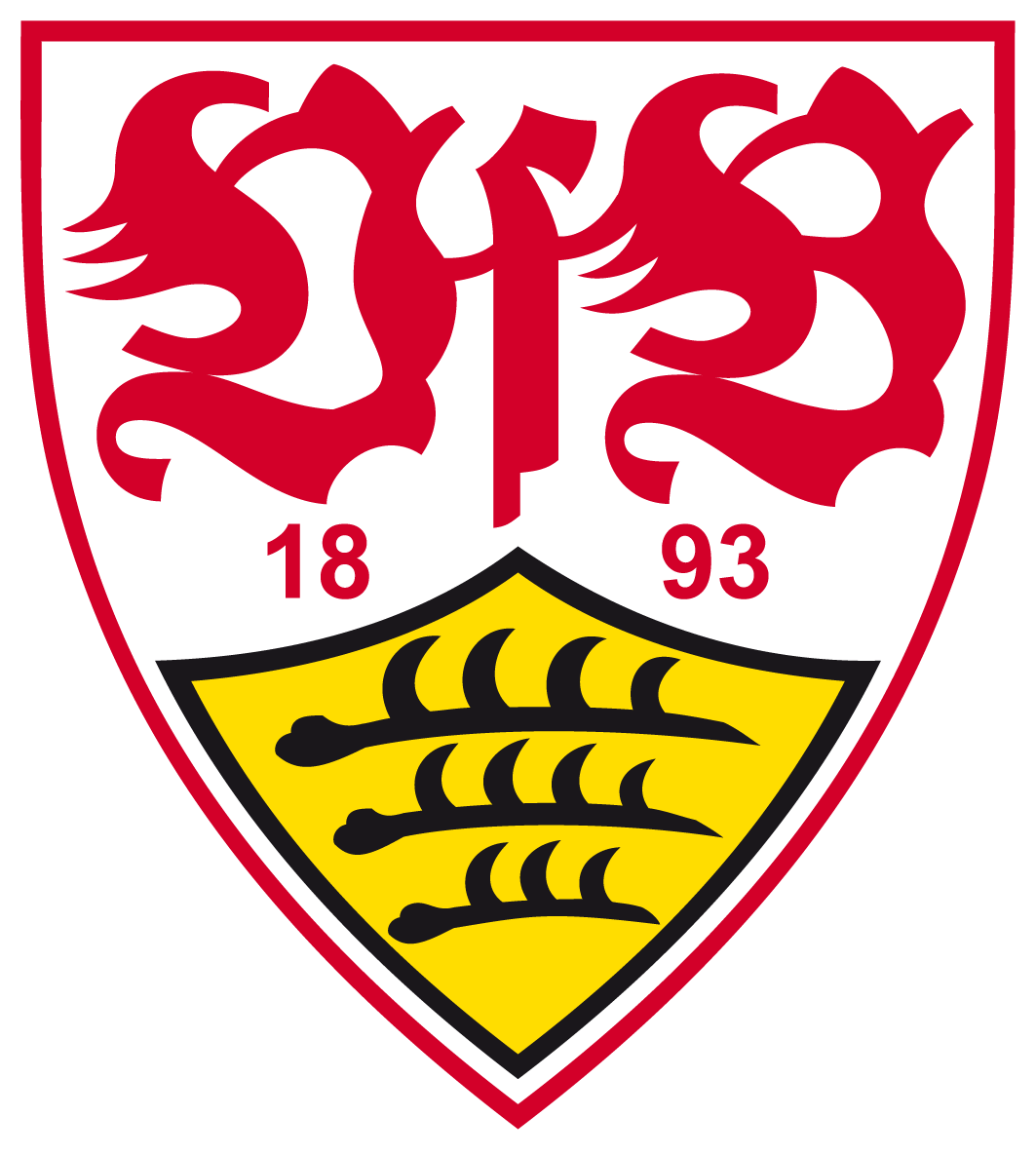
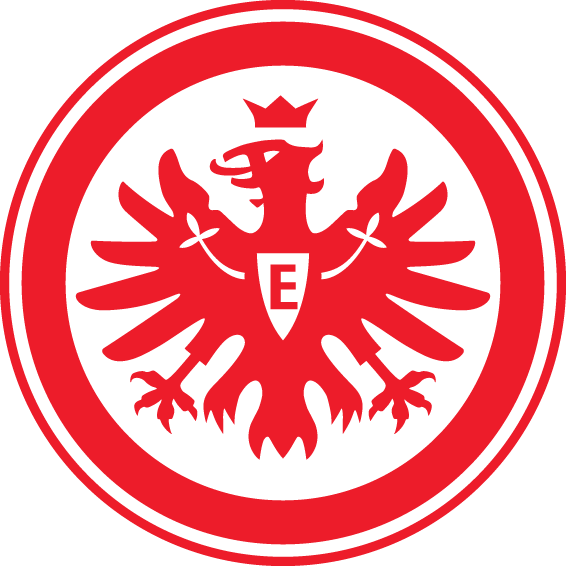
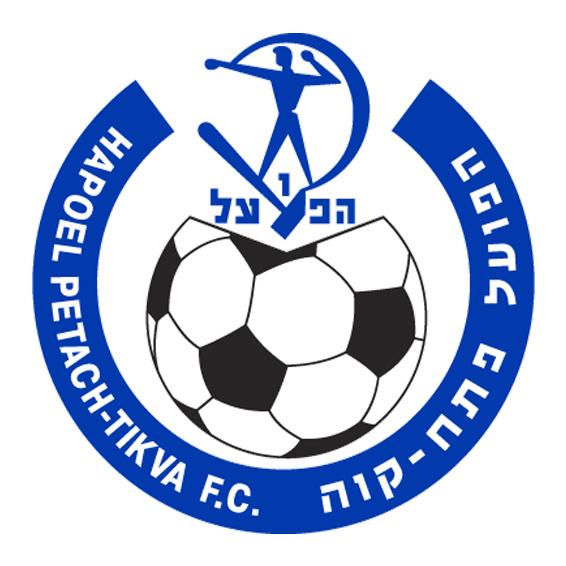

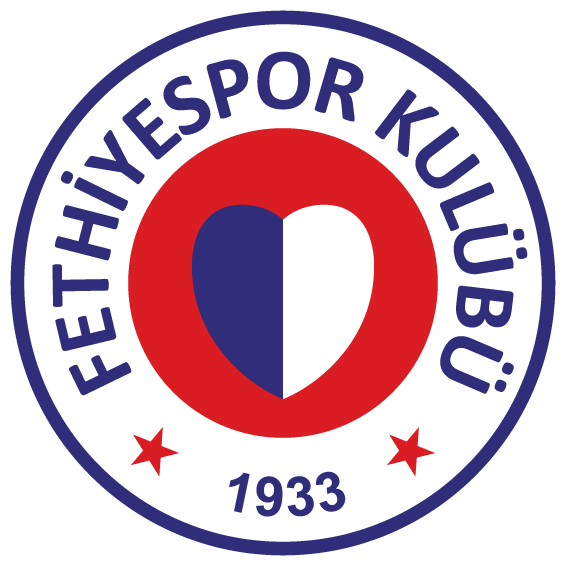
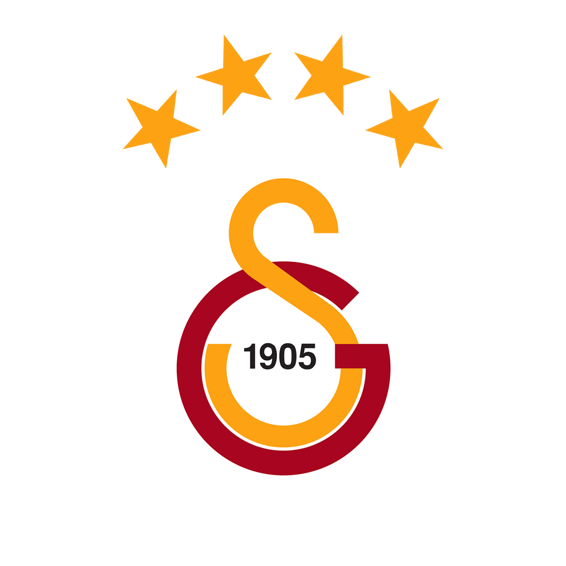
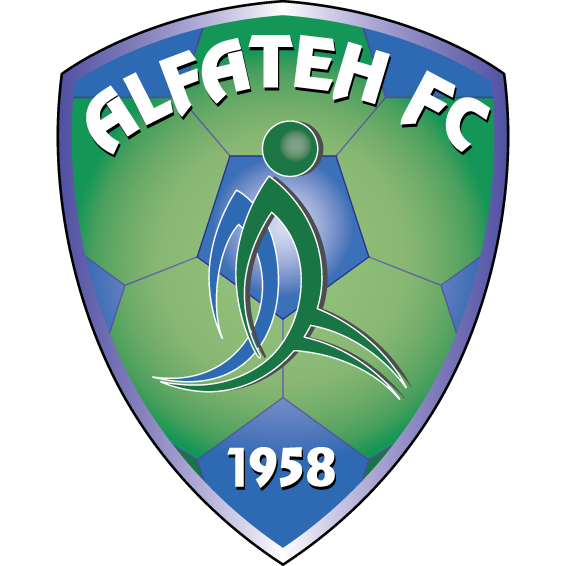




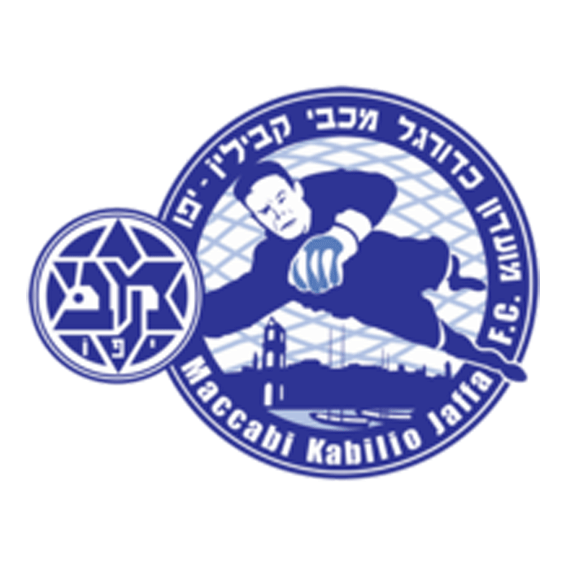
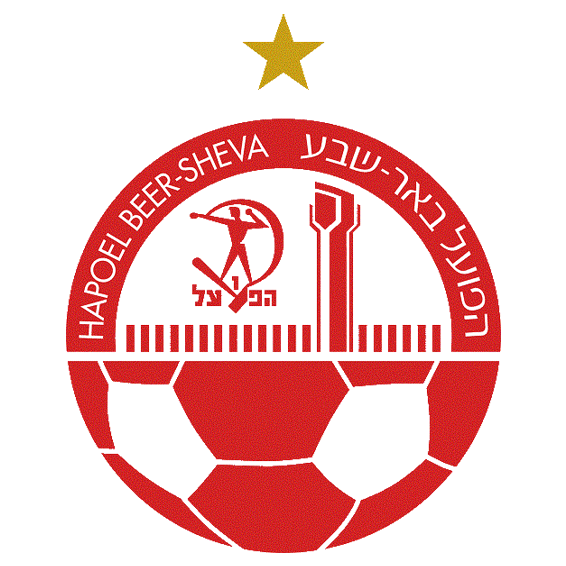
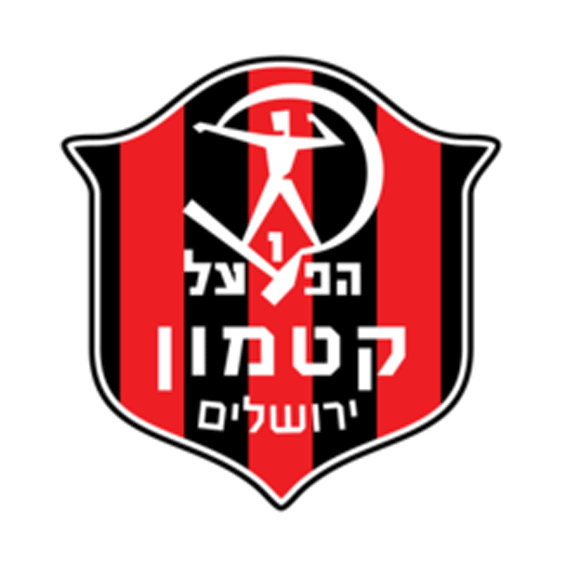

























There are no comments yet. Be the first to comment!